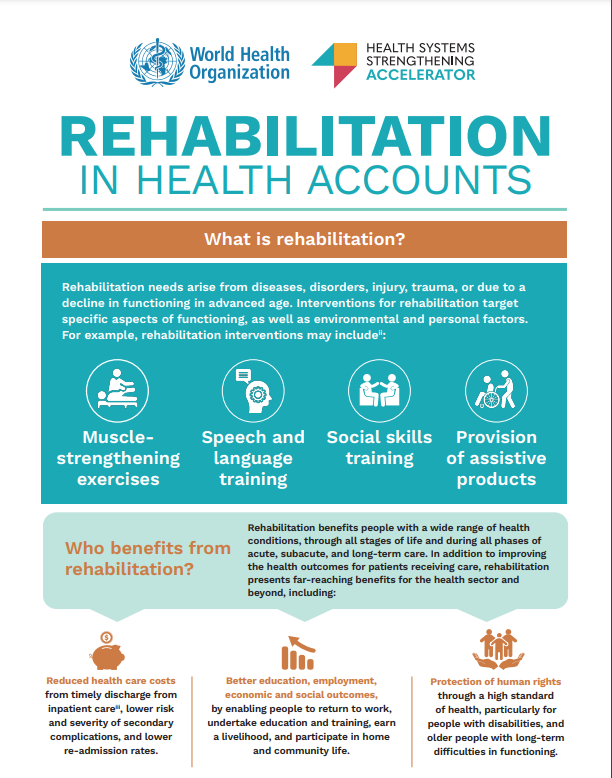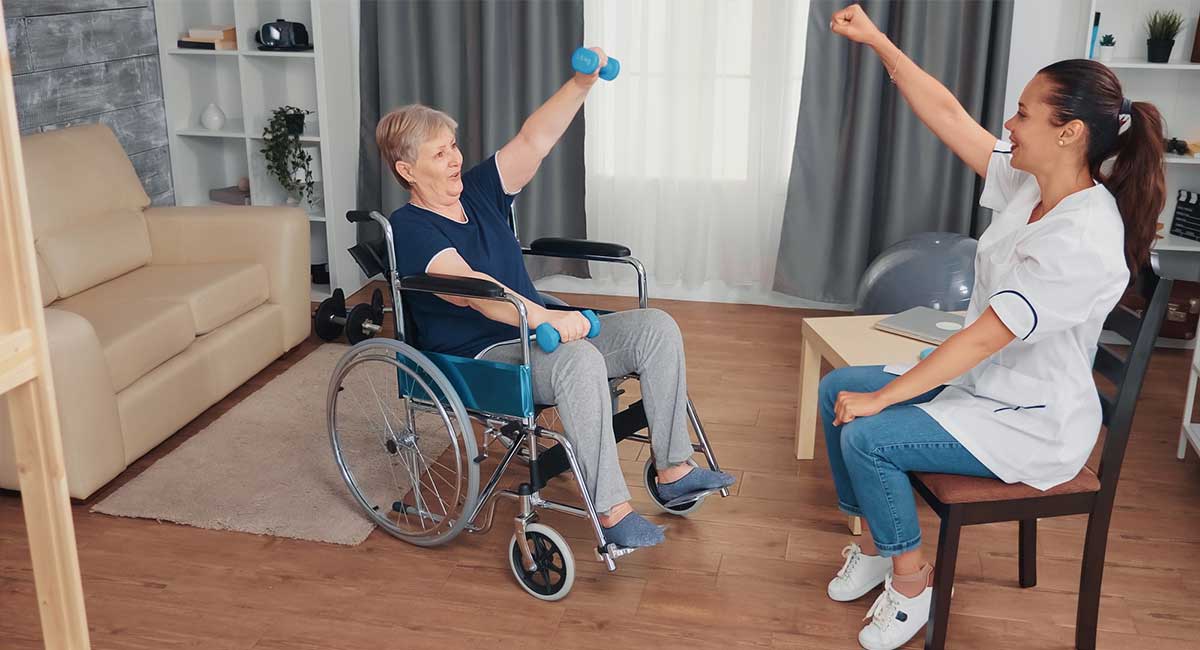Some Of Narconon Africa
8 Simple Techniques For Narconon Africa
Table of ContentsWhat Does Narconon Africa Do?3 Simple Techniques For Narconon AfricaNarconon Africa Fundamentals ExplainedLittle Known Facts About Narconon Africa.Indicators on Narconon Africa You Should KnowNot known Facts About Narconon AfricaThe Definitive Guide to Narconon Africa
In a series of documents with Manudeep Bhuller and Katrine V. Lken, we conquer these data obstacles and the nonrandomness of imprisonment, using brand-new insights into exactly how incarceration impacts relapse, employment, children, and criminal networks - Narconon program. Figure 1 Our job research studies the effects of imprisonment in Norway, a setup with 2 essential benefitsWe can better link this details to various other member of the family, consisting of children and siblings. We have information on co-offending that allows us to map out criminal networks for observed crimes. Second, we can utilize the arbitrary project of criminal situations to courts that vary in their propensities to send defendants to jail.
Yet some judges send accuseds to jail at a high price, while others are much more lax. We measure a court's stringency as the typical incarceration rate for all other cases a court deals with, after controlling for court and year set results, which is the level of arbitrary task. This quasi-random job of court stringency can be used as a tool for incarceration, as it highly predicts the court's decision in the present case, but is uncorrelated with various other situation qualities both deliberately and empirically.
An Unbiased View of Narconon Africa
Qualities of prisoners, consisting of demographics and criminal offense classifications, are generally comparable in Norway and various other nations, consisting of the United States, with the exceptions that the US murder price is a lot greater, and race plays a bigger function there. What stands out as different, particularly compared to the USA, is the jail system.
Figure 2In Norway, the typical time spent behind bars is a little over 6 months, which resembles most other Western European countries. This contrasts with average United States jail time of nearly three years, which is in large part the factor the USA is an outlier in its imprisonment rate compared to the rest of the world [Figure 1]
Some Known Details About Narconon Africa
This offers far more splitting up between small and hard crooks than exists in the United States. There is no overcrowding in Norwegian jails and much better individual safety, with each prisoner being designated to their own cell and a higher inmate-to-staff proportion than in the United States (https://www.provenexpert.com/narconon-africa/). Jails in Norway also use well-funded education, medicine therapy, mental health and wellness, and job training programs
Our research study on the impacts of incarceration on the offender, making use of the random assignment of judges as a tool, returns 3 essential findings. Jail time discourages even more criminal habits. We locate that incarceration reduces the likelihood that a person will certainly reoffend within 5 years by 27 percent factors and minimizes the equivalent variety of criminal fees per person by 10 costs.
7 Easy Facts About Narconon Africa Shown
We discover sizable reductions in reoffending probabilities and collective billed crimes even after accuseds are released from prison. Our 2nd result is that bias as a result of choice on unobservable specific attributes, if ignored, causes the erroneous verdict that time spent behind bars is criminogenic. If we just contrast criminal accuseds sentenced helpful hints versus those not sent out to prison, we locate positive associations between imprisonment and subsequent crime.
This stands in comparison to our analysis based upon the random task of courts, which finds an opposite-signed result. Third, the decrease in crime is driven by individuals who were not functioning before imprisonment. Among these individuals, jail time boosts involvement in programs routed at improving employability and lowering recidivism, and this eventually raises work and earnings while discouraging criminal actions.

Imprisonment triggers a 34 portion factor boost in involvement in job training programs for the previously nonemployed, and within 5 years their work rate boosts by 40 percent factors. At the same time, the probability of reoffending within 5 years is reduced by 46 percent points, and there is a decrease of 22 in the average variety of criminal charges.
Getting The Narconon Africa To Work

A plausible explanation for the difference is that Norway's jail system differs considerably, both in regards to prison-term size and prison conditions, from the US jail system. While comprehending the effects of imprisonment on the wrongdoer is a vital first step, recording spillover impacts is also important for evaluating criminal justice plan and making efficient jail systems.
How Narconon Africa can Save You Time, Stress, and Money.

Ordinary least squares estimates expose that youngsters of incarcerated fathers are 1 percentage factor more likely to be billed with a criminal offense, loved one to a mean of 13 percent, and show no effect on college qualities. Using our judge stringency tool, we locate no statistical evidence that a daddy's imprisonment impacts a child's own criminal activity or college grades, but we are not able to rule out modest-sized impacts.
Narconon Africa Fundamentals Explained
We specify criminal teams based on network web links to previous criminal cases. Our evaluation returns 3 main findings. When a criminal network member is put behind bars, their peers' possibility of being charged with a future criminal activity lowers by 51 portion factors over the following 4 years. Likewise, having an older brother incarcerated reduces the probability his younger brother will certainly be billed with a criminal activity by 32 portion points over the next four years.